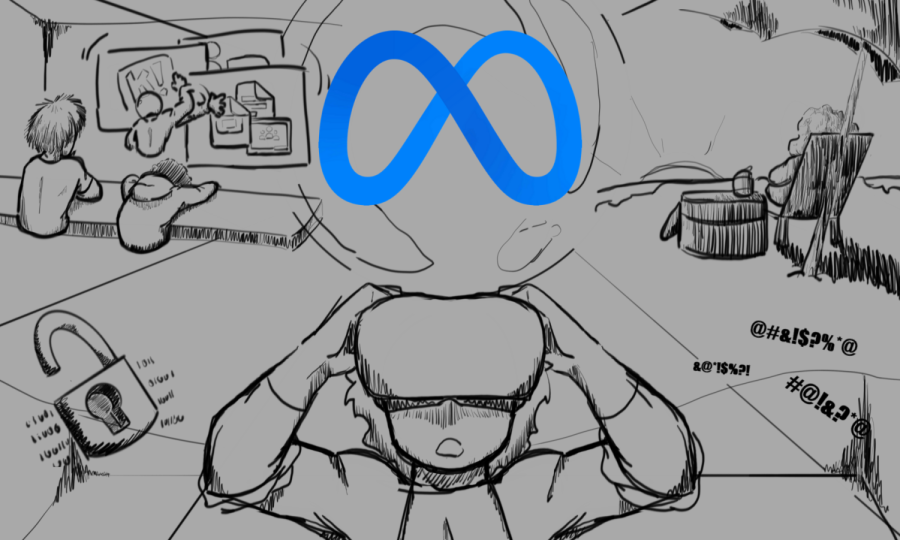The Issue With Procrastination
November 19, 2014
Procrastination is basically replacing planned, scheduled or assigned activities and responsibilities with activities that are of less importance. Sound familiar?
Many surveys show that 85%-95% of students have problems associated with procrastination. In fact, statistics from 2013, have shown that procrastination eats up 20% of our population. The question is, why does this happen? Some students feel like procrastinating gives them a rush, not taking into account the stress it will later bring. Some say that they have procrastinated so much and for so long that it has become second nature to them. It’s interesting how procrastination can take over our lives, in ways we may not even notice.
Procrastination is not only common in students, but also in all generations. Here at Millennium Brooklyn High School, it is a very common thing for students to brag about how late they did their work. Many times, procrastination just leads to the students not doing any of their work, or only some of it.
We decided to ask around and find out where some people stand with this issue. Fellow MBHS senior, Cassandra Chan, said she does procrastinate sometimes. She explained how sometimes she is too tired to do any work right away, so she has to take naps. Simone Singletary said she does procrastinate as well. She stated, “I don’t plan on it, it just sort of happens, like T.V., sleep, and food”. This causes her to sometimes not get all her homework done at home. Mr. Michaelson, an MBHS teacher, said, “I only procrastinate by doing other work”, which is interesting. On the other hand, Yahaira Reyes stated she leaves “essays for the last minute” because she works best under pressure and her best essays were done last minute. Clearly, different people have different reasons and different outcomes, yet it seems like procrastination is inevitable.
How are ways we can cut back on procrastination?
- Plan ahead; spread out different assignments that have different due dates. Do a little bit each day. Saving it for last minute, leads to lack of sleep and changes in mood and behavior.
- Think about how getting the assignment or activity done early, will give you a lot of time to take care of other important or leisurely things.
- Ask someone for help to complete the task.
- Tune out any distractions that would waste time in you getting things done. (cell phone, T.V., friends).

















